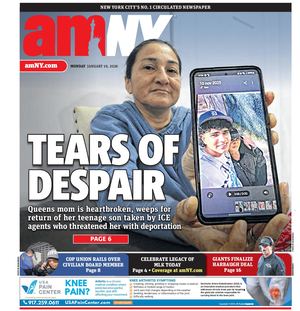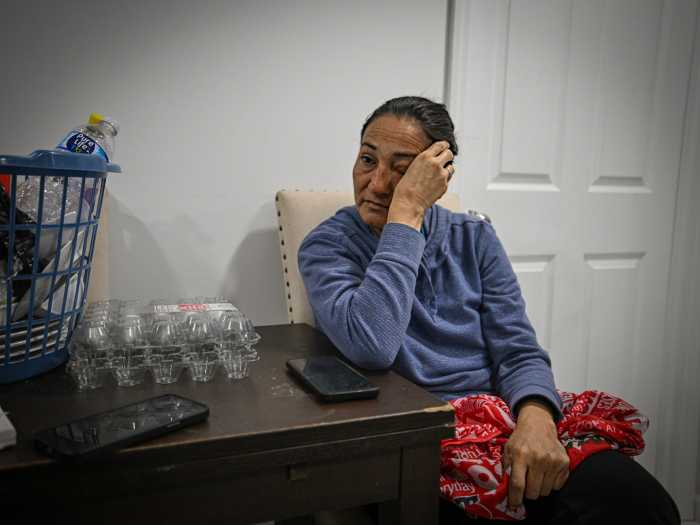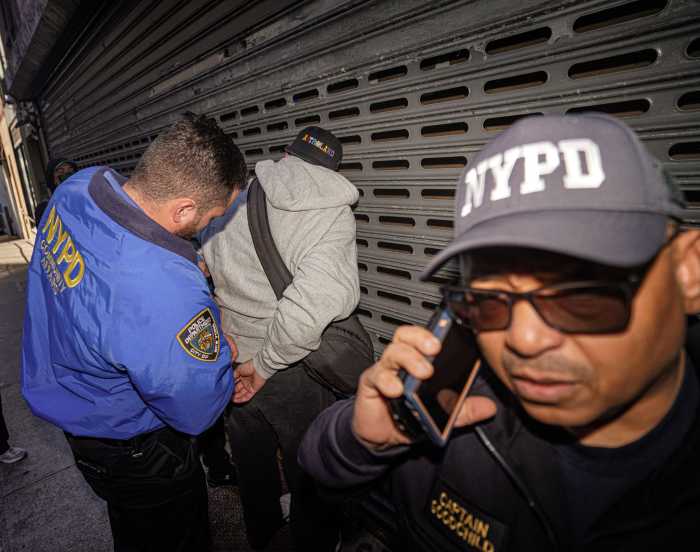
The Manhattan district attorney dismissed more than 240,000 decade-old summons cases Wednesday in an effort to keep low-level offenses from bogging down the criminal justice system.
The move came as part of a citywide initiative, where district attorneys from Brooklyn, Queens and the Bronx also made similar motions, ultimately clearing more than 644,000 warrants for nonviolent offenses across four boroughs. Staten Island chose not to participate in the effort.
“This has really adversely affected these individuals in their life here in New York City,” said Manhattan District Attorney Cyrus Vance. “There is a net public safety benefit by clearing these old warrants out.”
The warrants were mostly for low-level summonses — such as drinking in public, public urination, or walking a dog without a leash — issued after the offender failed to show up in court. Many of these offenses fall in line with the “broken windows” policing approach that the NYPD takes.
Before Wednesday, there were around 1.5 million active warrants across the city, but Vance said that many of them were only further driving law enforcement and these communities apart.
“Bringing these cases in after 10 years is a burden on our court and our systems,” Vance said.
He clarified that this would not reflect a change in the way that NYPD officers policed these offenses, but added that he hoped to keep more low-level offenders from criminal court.
In a statement, Mayor Bill de Blasio said the move would take pressure off police officers to enforce these warrants, freeing them up to focus on more significant crime across the city.
“These warrants can derail lives, disrupt families, and lead to job loss and missed opportunity to contribute meaningfully to society,” de Blasio said.
The dismissal of these cases comes amid a push for more criminal justice reform across the city, like diverting farebeating from criminal court and issuing summonses for low-level offenses.
Around 300,000 cases qualified for dismissal, but the district attorney and the city chose not to dismiss 60,000 because of subsequent criminal offenses committed.
The Legal Aid Society commended the move, saying in a statement that these policing policies disproportionately affected communities of color and calling it a “fresh start” for these New Yorkers.
“[These warrants] can hold disastrous and punitive consequences restricting access to public housing, student loans and other public programs,” the statement said.




































